After finishing my high school diploma in 2017 I started a dual work-study program (electrical engineering and electronics engineer for automation technology) at another company. As my practical training course was axed after six months and as I didn’t just want to study theory, I decided to leave the company. I found KHS from searching the Internet and subsequently started my training as an electronics engineer for automation technology here in September 2018. In addition to my course and job at KHS I’m studying electrical engineering at the South Westphalia University of Applied Sciences.
My parents said, “do something technical”. I’ve always been interested in technology. My father comes from a farm that my uncle still runs. Since I was a little boy I’ve always helped out and wanted everything explained to me. If something was broken in our house or anywhere else for that matter, with some help I first tried to repair it myself – and was usually successful.
I was looked after right from the start. I already had a good feeling after my interview and just one day later the job offer was confirmed. It all happened very quickly and all of my questions were expertly answered straight away.
My parents and I were invited to the factory shortly before I started my course so that they could get to know the company. I also tried on my work clothes while we were there so that I could be sure I was wearing the right gear on the first day of my course.
I’m also paid according to IG Metall’s collective wage agreement for the electrical and metal industry so I earn good money and have enough vacation. My work/life balance is also very good.
“You have plenty of freedom on your course and can choose tasks that match your interests. At the moment we’re building a table soccer game for the team.”
To be honest, everything! I do lots of different things: minor mechanical work, wiring control cabinets, programming, repairing faulty equipment or passing on knowledge to others. I support trainees in their first year of training, for example, and help other colleagues prepare for their exams. I’m also a scout and try to get high-school pupils interested in my course of training and KHS.
At the moment we’re building a table soccer game to promote a team culture. You have plenty of freedom and can choose tasks that match your interests.
The soccer table was a gift from a former vocational school. The initial plan was simply to restore it and replace our old soccer table. We then asked our instructors if we could kit it out with automatic ball ejection and digital goal scoring including a PLC (programmable logic controller). Once approval had been granted, we were allowed to help ourselves to components and then went about putting our ideas into practice with the help of our instructors. I devised the entire wiring diagram, did the programming and designed the ball ejection system and our mechatronics engineers made the goals, prepared the control cabinet and built the control fields. The machine cutters turned sleeves and end plates for the bearings and it all works really well. All we have left to do now is to make the displays and then it’s finished.
I don’t have a typical working day. I start at 6 in the morning, although you can decide for yourself when you want to start work. If I have a doctor’s appointment, for example, I can also start at 10 am provided I clear this in advance. At the training workshop I first completed a basic metal course where I learned the rudiments of metalwork – in other words, drilling, filing and sawing, etc. I then did a basic electrical course which taught us how to prepare wiring, how a two-way circuit works or how a safety switch is built. We then learned how to measure current and voltage on our measurement boards and analyzed the behavior of components under various conditions. There are always lots of different things to do.
Everything. Hardly a day goes by when I don’t leave work with a smile on my face. It’s just fun!
After my intermediate exam in March I’ll move to the product department where we’ll also be working later on, i.e. to Bottle Washers and Pasteurizers, Labelers or Conveyor Technology. When you watch a machine in action and can’t even see the individual bottles because everything’s moving so fast, that’s really amazing. I’d like to carry on working as a scout until I finish my training course. I’d like to finish my degree as quickly as possible and then spend three or four years out and about gaining some practical experience. I can’t sit still and always need a challenge. The idea of technically solving problems on site and getting to know new countries and cultures in the process is very appealing to me. I’ve already secured a grant for my bachelor’s degree.
I row and I’m a trainer at my rowing club RVB Blankenstein. I volunteer at my local church where I’m on the youth committee. Among other things we organize excursions for confirmands, such as sailing trips. I also do the technology for all church events and for the parish theater group.
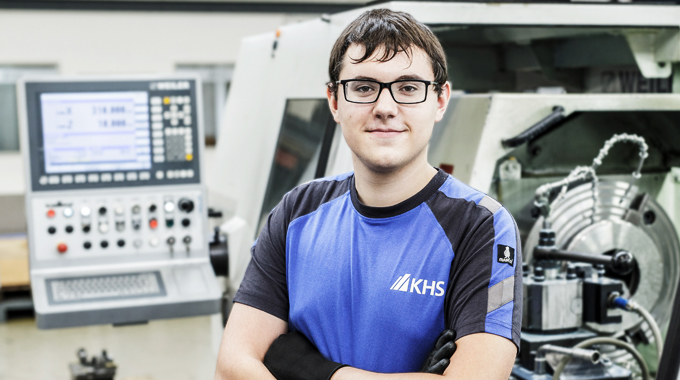
“This exciting branch of industry and the good chance of being hired by KHS had me convinced.”
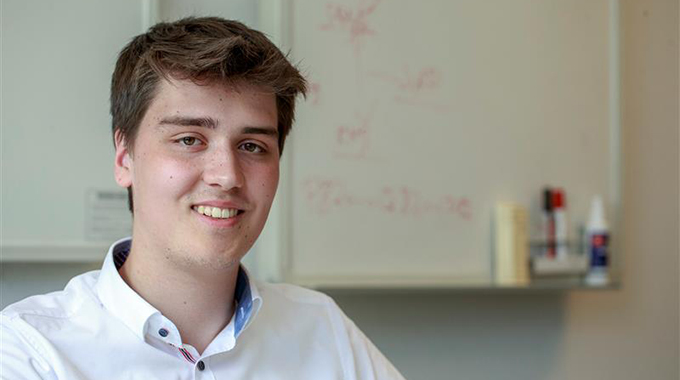
“What I especially liked about KHS was the fact that it’s such a large company with a top position in its branch of industry.”
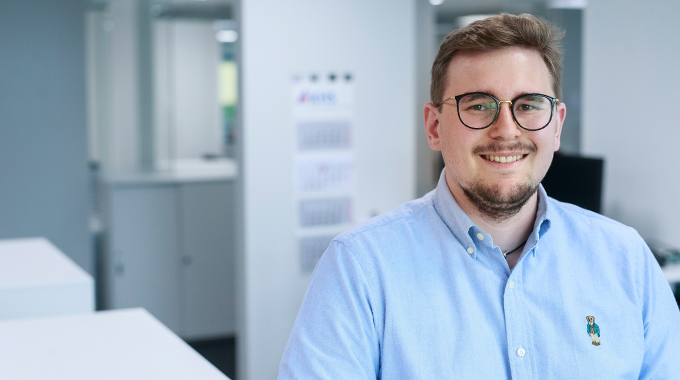
“As a dual work-study student you’re integrated into the company processes really quickly.”
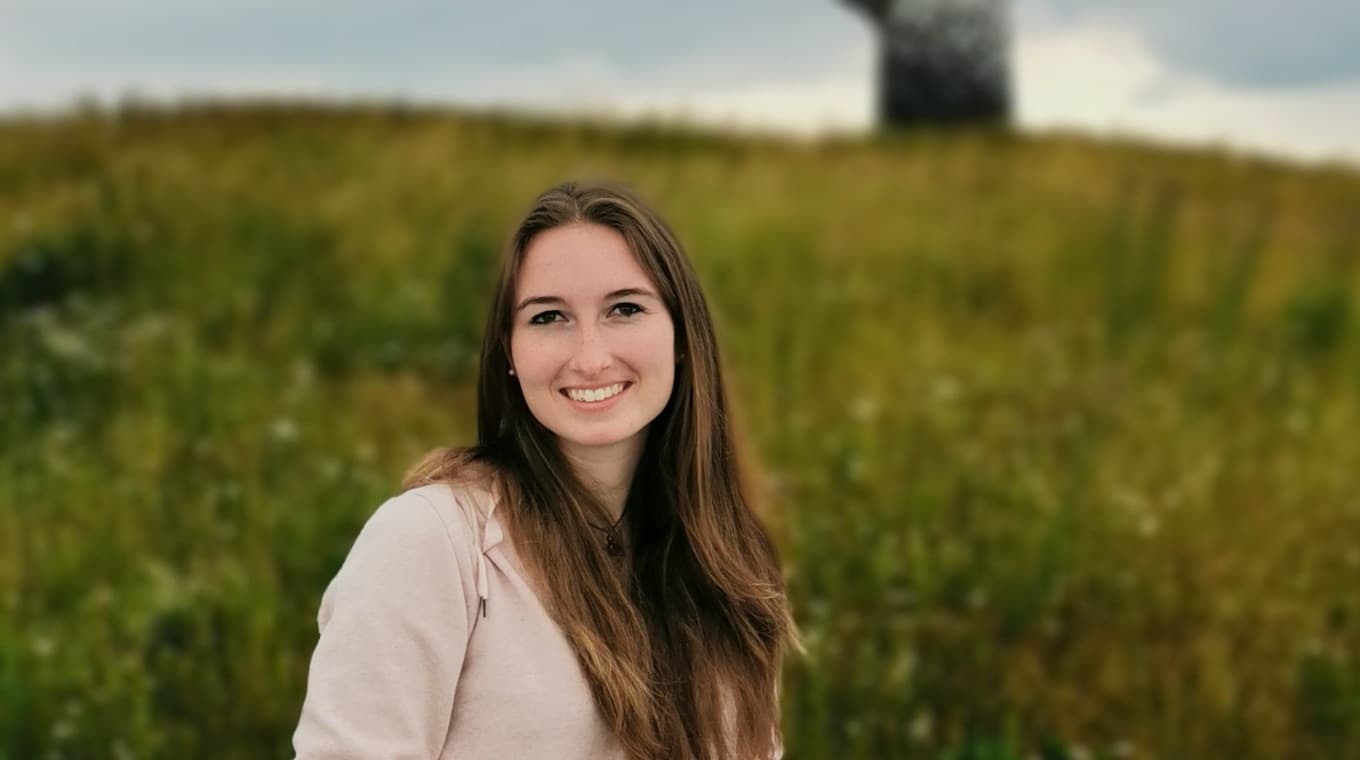
“The insights you have into all departments allow you to build up your knowledge very quickly.”
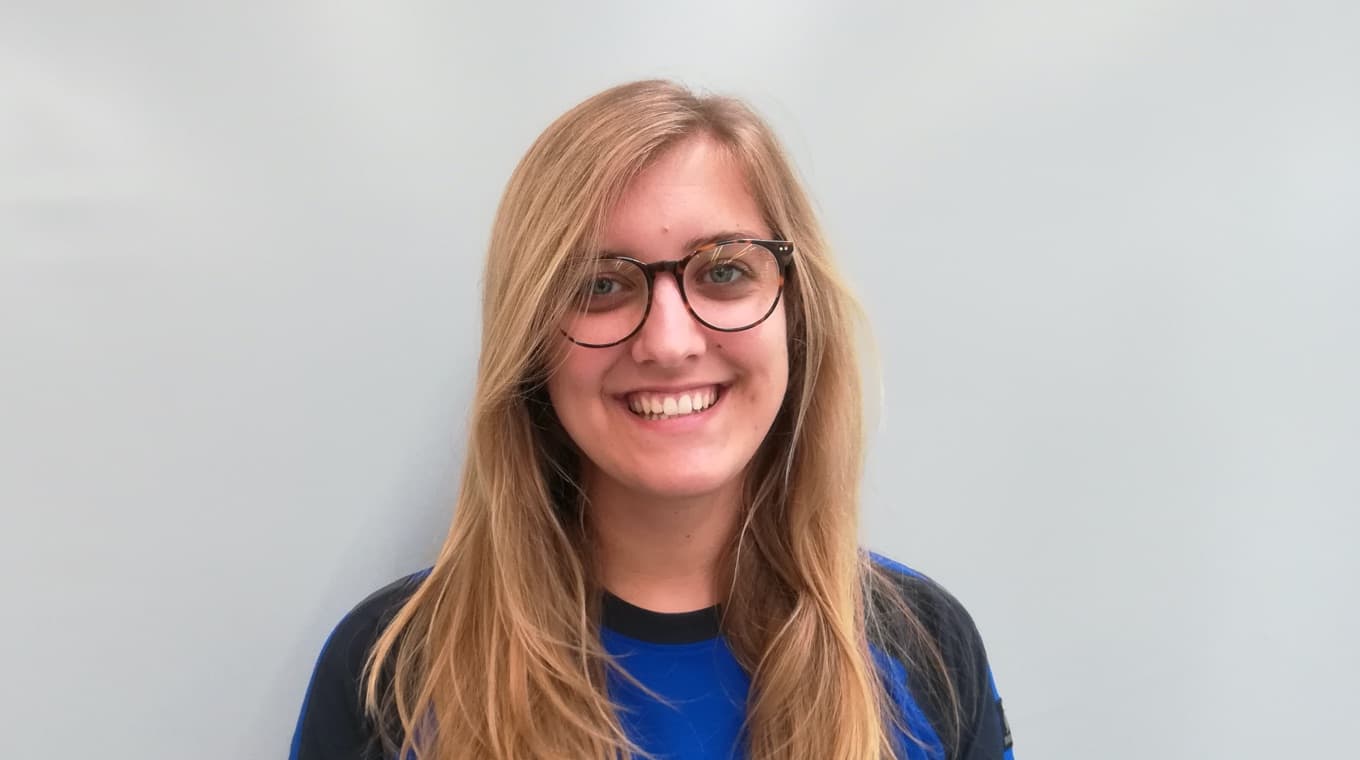
“The dual work-study program is all about gaining work experience early on in your career and having quick practical reference to the theory. This was important to me.”
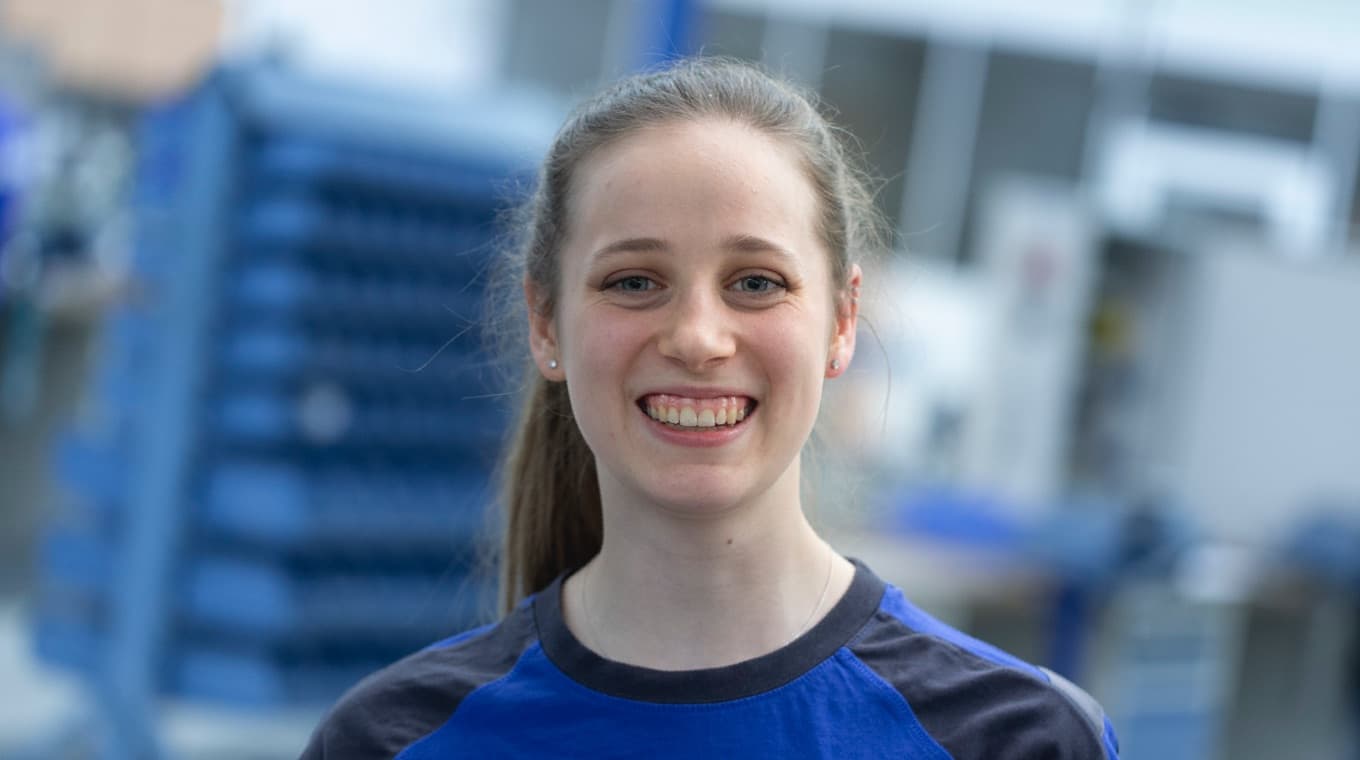
“As a mechatronics engineer you have good future prospects and in time can specialize in a certain field.”
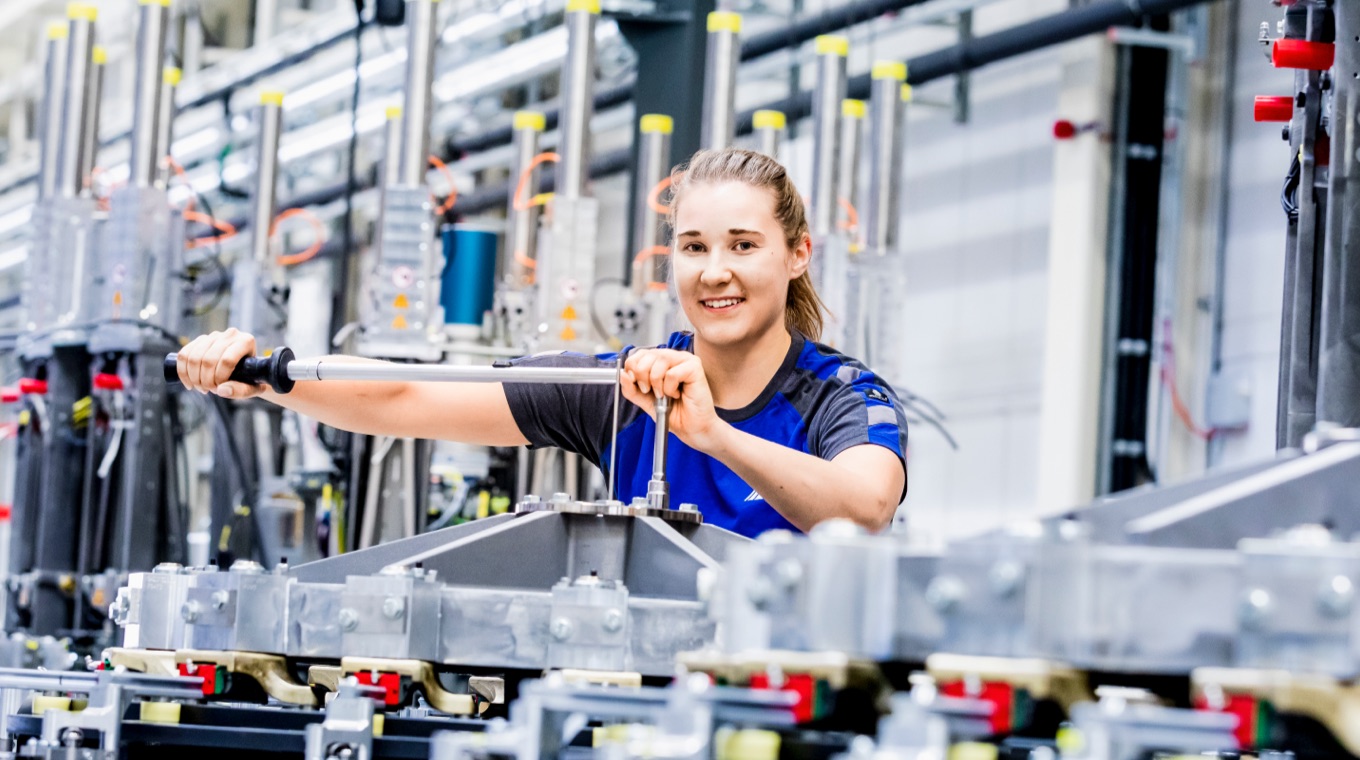
“What I particularly liked about my training course was that you’re free to develop your skills at KHS.”